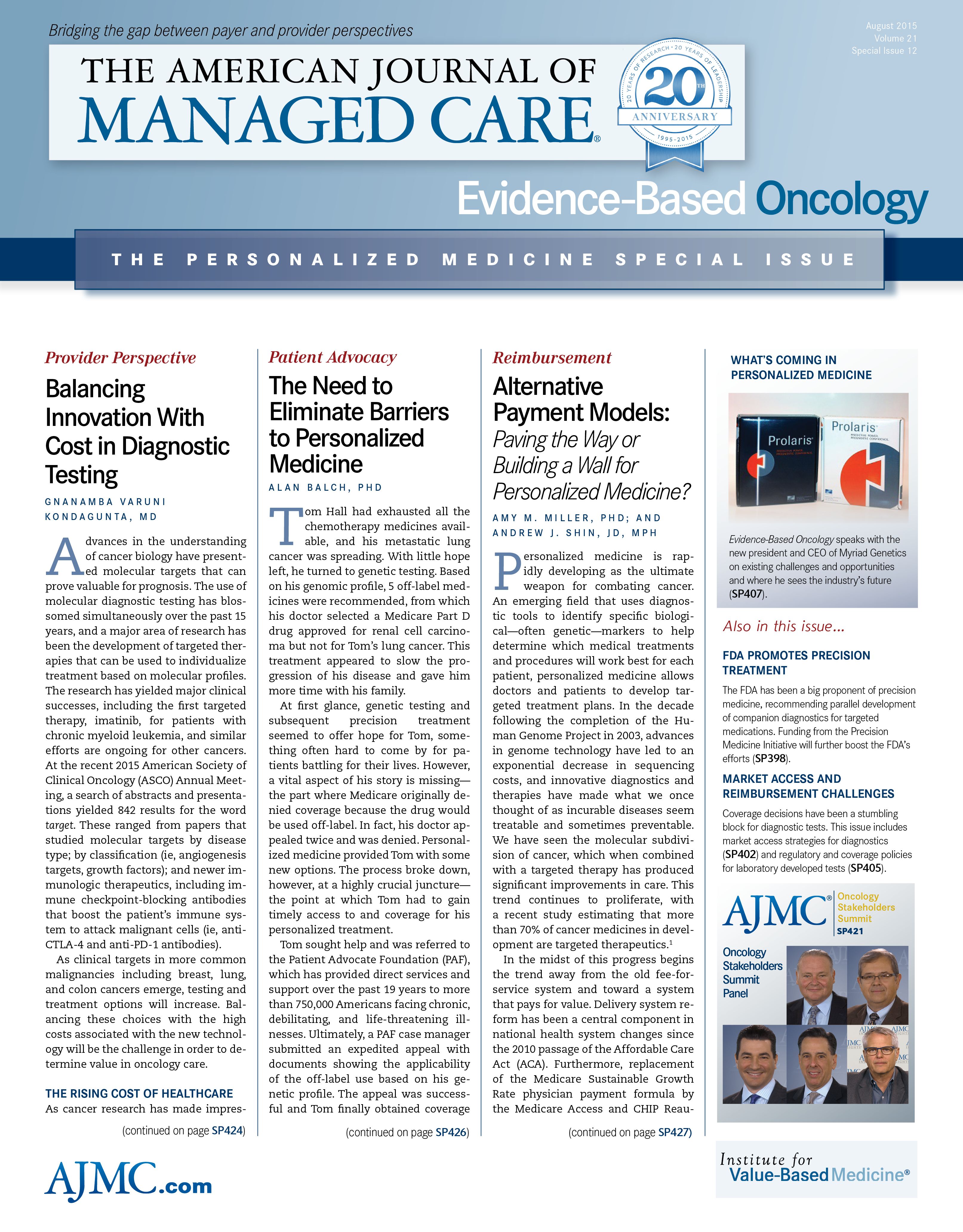- Center on Health Equity & Access
- Clinical
- Health Care Cost
- Health Care Delivery
- Insurance
- Policy
- Technology
- Value-Based Care
Sonidegib Approved for Basal Cell Carcinoma
An oral agent developed by Novartis Pharmaceuticals Corporation has been approved for the treatment of refractory patients with locally advanced basal cell carcinoma (laBCC). Patients who have undergone unsuccessful surgery or radiation treatment, or those who are not eligible for either, can initiate treatment with the sonic hedgehog inhibitor sonidegib (Odomzo). The FDA approval followed results of a randomized, double-blind, multi-center, 2-arm study in patients with laBCC or metastatic BCC. The approval was contingent on a durable objective response rate (ORR).
The phase 2 BOLT trial enrolled 230 patients randomized to receive 800 mg or 200 mg of sonidegib until progression or unacceptable toxicity was observed. Eighty-four percent of trial enrollees had locally advanced disease. Most patients (76%) had received prior therapy for treatment of BCC, and approximately half of these patients (56%) had aggressive histology. The trial results showed a durable ORR of 58% (95% CI, 0.45—0.70) in 66 patients randomized to receive the 200 mg dose of sonidegib, with 3 complete responses and 35 partial responses. While the disease progressed in 7 of the 38 responders, response in 4 of the 7 patients lasted at least 6 months. Patients (128) on the 800-mg arm had an ORR of 44% (95% CI, 0.35–0.53).
The most serious risks of sonidegib are rhabdomyolysis and embryofetal toxicity.
Reference
Sonidegib. FDA website. http://www.fda.gov/drugs/informationondrugs/approveddrugs/ucm455865.htm. Accessed July 27, 2015.


